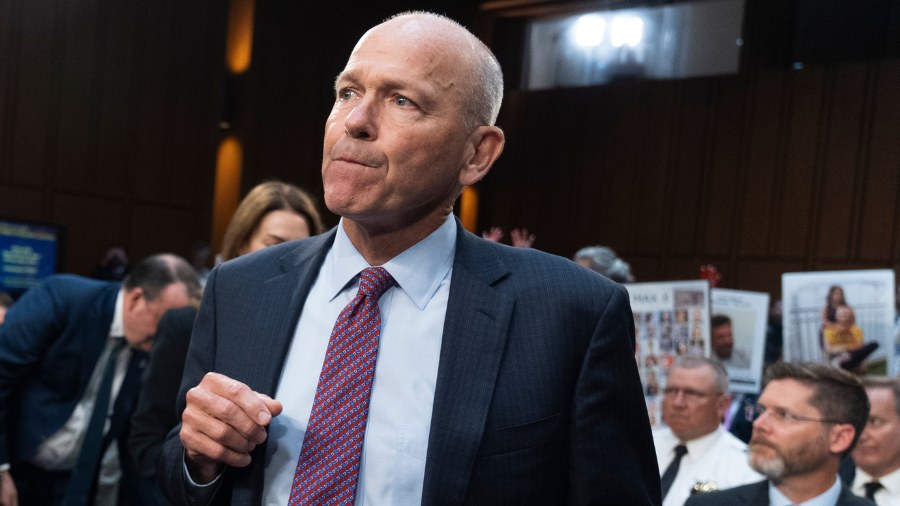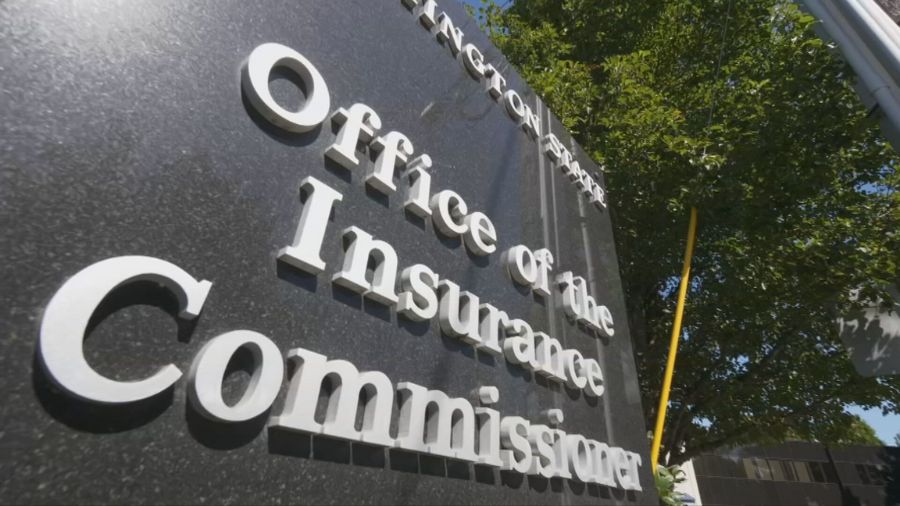Comments from Amazon CEO Andy Jassy about unions violated federal law, NLRB judge rules
May 3, 2024, 5:59 AM

Andy Jassy, Amazon president and CEO, attends an event on Aug. 15, 2022, in Culver City, California. (File photo: Jordan Strauss, Invision/AP)
(File photo: Jordan Strauss, Invision/AP)
A federal administrative law judge ruled that Amazon CEO Andy Jassy violated labor law by making certain anti-union comments during media interviews two years ago.
The ruling, issued Wednesday, follows a complaint filed in 2022 by the National Labor Relations Board that accused Jassy of crossing the line during sit-down interviews in which he said that workers were better off without a union.
In the ruling, National Labor Relations Board Judge Brian D. Gee pointed to statements Amazon’s chief executive made on CNBC’s television program “Squawk Box,” and during two summits organized by Bloomberg News and The New York Times.
More on Amazon: Protests at headquarters object to use of fossil fuels in Oregon
Gee said predictions Jassy made about unionization changing the employee-employer relationship were lawful. But other statements about how employees would be less empowered under a union, “find it harder to get things done quickly and would be better off” without one ran afoul of federal labor law, the judge said.
In a prepared statement, Amazon spokesperson Mary Kate Paradis said the company strongly disagrees that “any part of these comments” were inappropriate and intends to appeal the ruling within the administrative law system.
“The decision reflects poorly on the state of free speech rights today, and we remain optimistic that we will be able to continue to engage in a reasonable discussion on these issues where all perspectives have an opportunity to be heard,” Paradis said.
Jassy’s comments came amid increased unionization efforts at Amazon following a historic victory by the Amazon Labor Union during a union representation vote at a warehouse in New York City. The company has continued to appeal the union’s win and refused to come to the bargaining table.
In his ruling, Gee advised Amazon to avoid “threatening its employees” with similar comments in the future and to post a notice in its facilities nationwide that signaled the company’s compliance with the judge’s finding.












